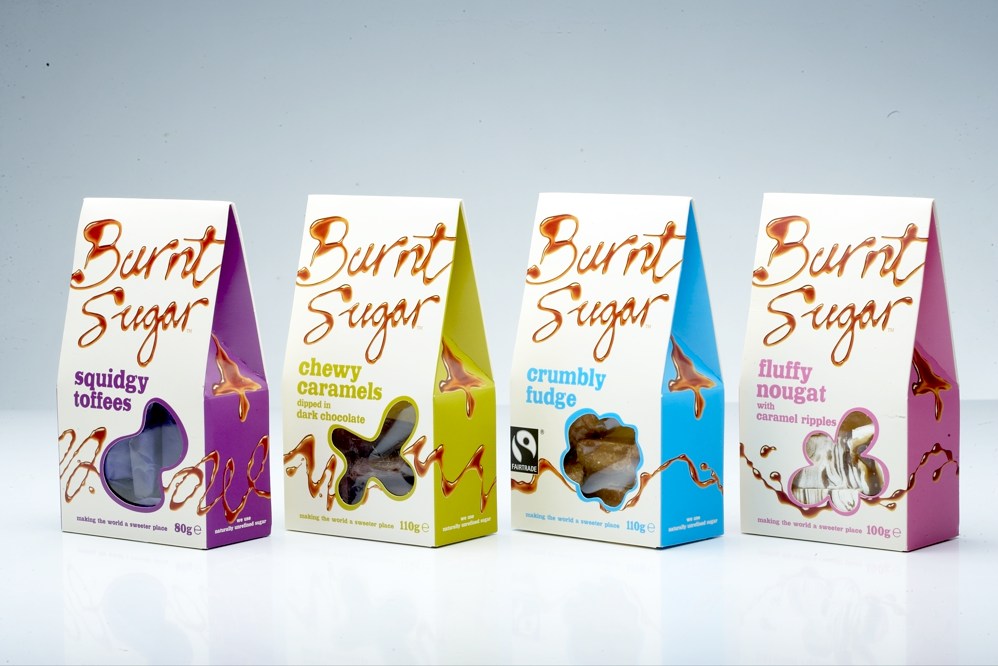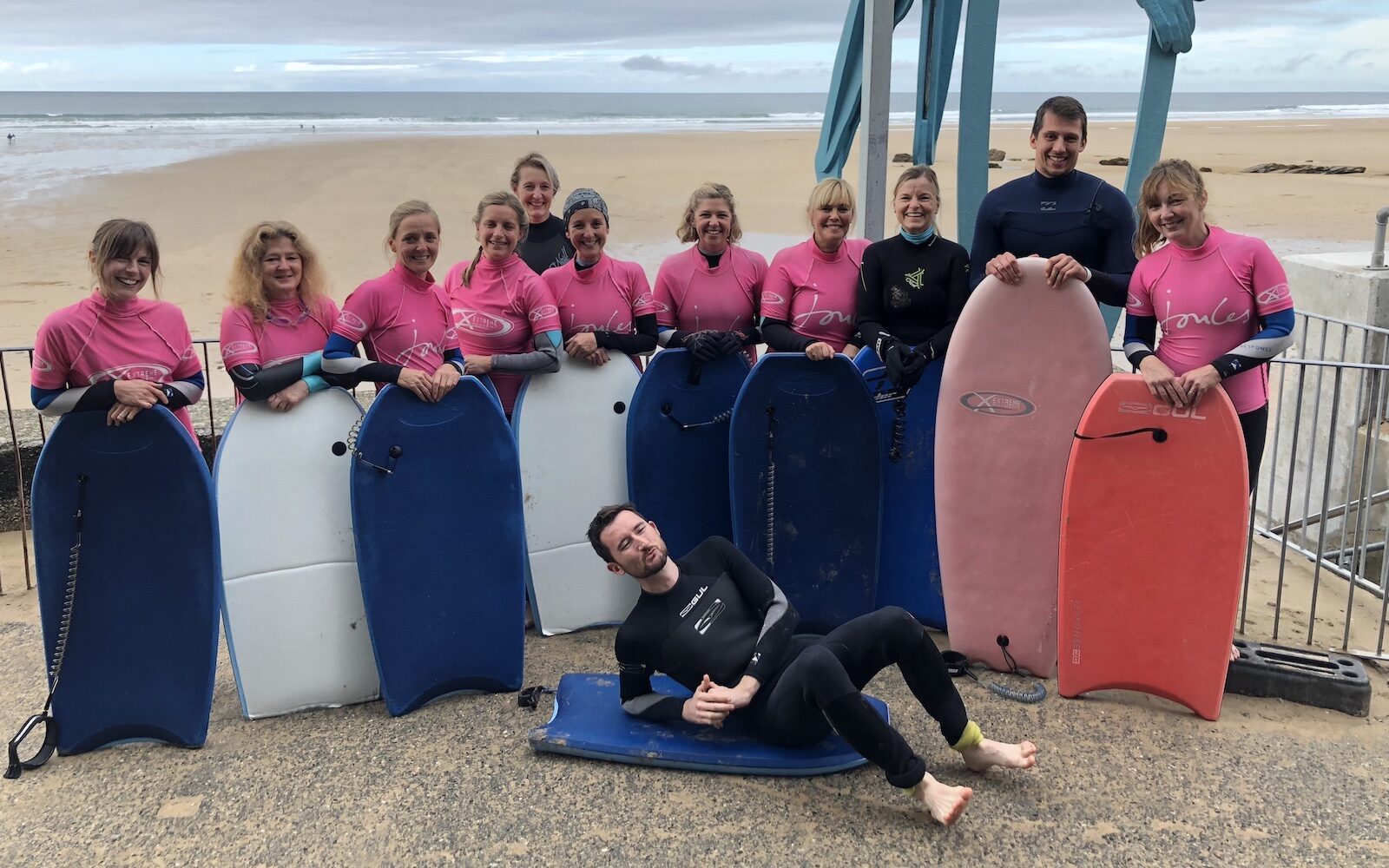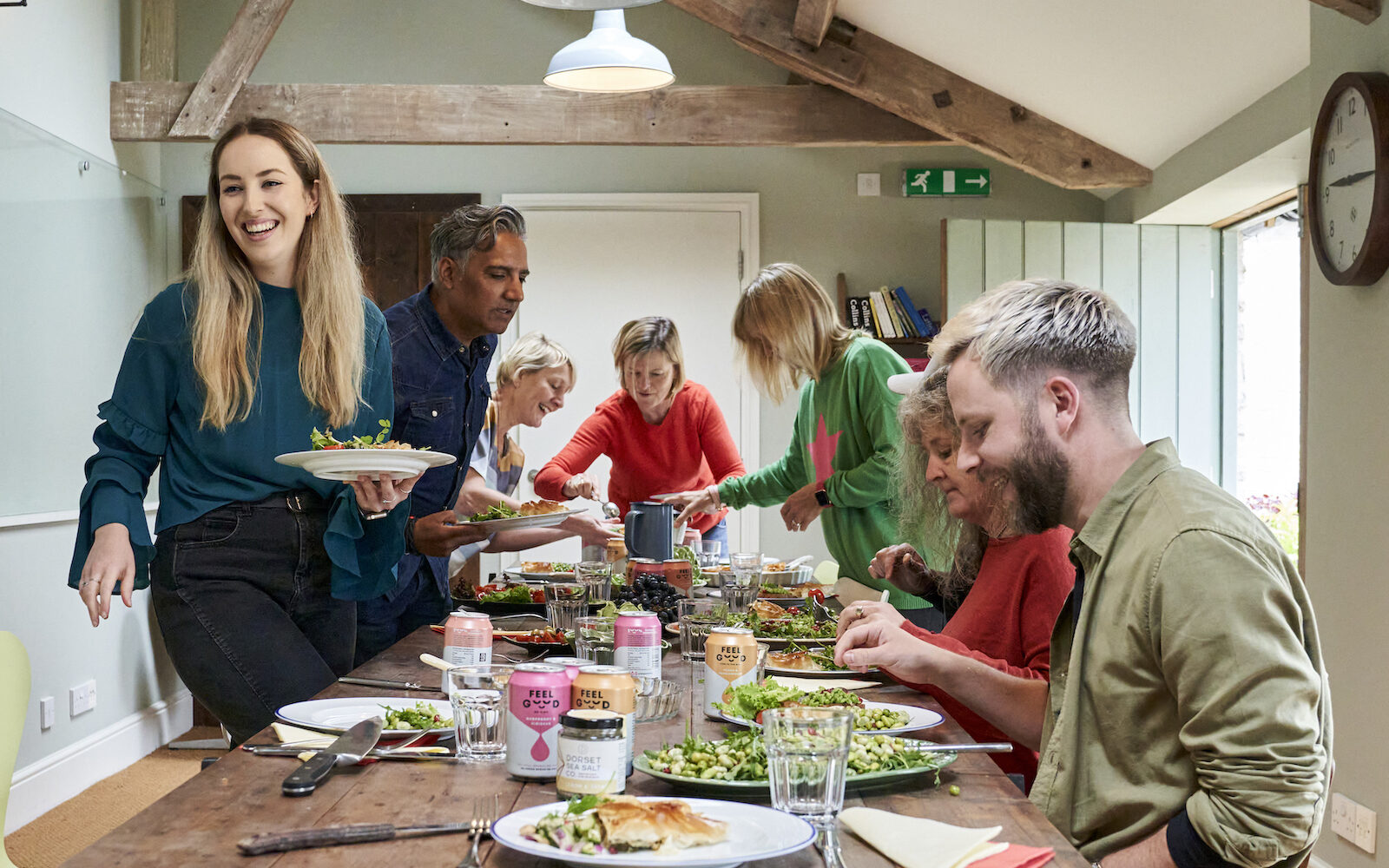As we mark 15 years of food & drink branding design consultancy, The Collaborators, we sit down with Jayne to find out what inspired her to start her own business and how she measures success.
Where did it all start?
Fifteen years ago, small independent food and drink businesses had started to successfully challenge the large corporate brands, gaining valuable market share, or creating entirely new, often more premium categories. They were reaching out to consumers with authentic stories, showing off their purpose and passion. The likes of Innocent, Tyrells and Brewdog were leading the charge and they lit the touchpaper for many other brands to follow. My co-founder at The Collaborators - Sharon Brunt and I spent hours and hours discussing what this meant for brand strategy, brand creation and for the future of creative agencies.
At the time I was the MD of a 50 people, privately owned agency. Part of my job was obviously to grow the business. The shareholders wanted to make it an attractive financial prospect for an external buyer. That meant we could only work with big clients that were going to make a real difference to our income levels. We were not the right agency for the new breed of entrepreneurial food and drink brands. The more we grew, the less direct contact I had with the clients and over time the less I enjoyed my job.
Sharon was unhappy in her role too, so after much discussion, we decided to ditch our well-paid jobs and start The Collaborators. Overnight I went from earning a six-figure salary to zero income and the journey of being a company owner began.

A brand called Burnt Sugar was our very first client. They were selling on Borough Market and wanted to shake up the dusty world of fudge. We worked with the founders Colin and Justine Cather to uncover the brand’s unique truths and maker’s story. The brand grew and they sold the business a few years later to one of their distributors.
We don’t only work with small, independent brands. Our biggest client has been with us for nearly the entire 15 years, and we work on some amazing household names. Importantly, these bigger clients like our small company's flexibility. The work we do for the start-ups keeps us at the cutting edge of what's happening in food and drink and benefits our bigger clients. We like to think we help the small think big and the big think small.
What does success look like to you?
We won a lot of awards last year and that was a real high for us. But my personal highlight is a small moment at our 10-year birthday celebration. The whole team went to Watergate Bay in Cornwall and on the first day we went into the sea to surf. I remember looking at everyone and feeling such a sense of achievement and happiness that I was surrounded by such great people.

Everyone measures success differently. Growth and profit feature for me, as they allow me to employ more people, pay them properly and reinvest in the business. But feeling good about success is much more about creating a company and a community that people want to be part of.
The Seed Fund that The Collaborators launched ten years ago is a great example of non-profit making success. It’s a philanthropic mentoring scheme that sees industry experts give their time for free to young food and drink businesses. We have helped many small businesses to thrive. That is the sort of success that makes the soul sing.
"I am super proud of all the amazing brands we have created over the years, but the real pride is for the team we have built at The Collaborators. We span five decades in age and many of us have been together for over ten years. We are family."
JAYNE, FOUNDER, THE COLLABORATORS

Which brands do you admire?
Marie Curie. The charity gives amazing support to families with terminal illness and is named in honour of the brilliant female scientist who made great advances in finding early cancer treatments.
Born in Poland in 1867, her mother died when she was young, and Marie was sent out to work as a governess. She read and studied from books until she was given the opportunity to move to Paris with her sister, where she went to university to read physics and mathematics. She became the first female professor at Sorbonne University, was the first person to win two Nobel prizes and went on to discover Radium and Polonium. What a woman!
As for a food brand it would have to be Marmite. I hate the stuff, but the brand idea “You either Love it or Hate it” is genius and is so well executed across the marketing mix. The authenticity that has been retained in the packaging branding still stands the test of time 120 years after launch. Amazing.
Advice for anyone out there about to take the plunge?
My advice to any start-up is to quickly get to grips with why you are starting a business and make sure it answers your personal goals. Set out clearly what you want your business to become and do for you as an individual. A business quickly becomes the natural consequence of your early days of trading. So, if you are a food producer and you want a branded business, make sure you dedicate proper time and resource to creating a brand with depth and meaning. Don’t make for others (own label) and think that as soon as you have the funds you will create your own brand. It doesn’t work that way.
And price your work or product to what you think it is worth. It’s easy to bring down prices, but much more difficult to put them up.